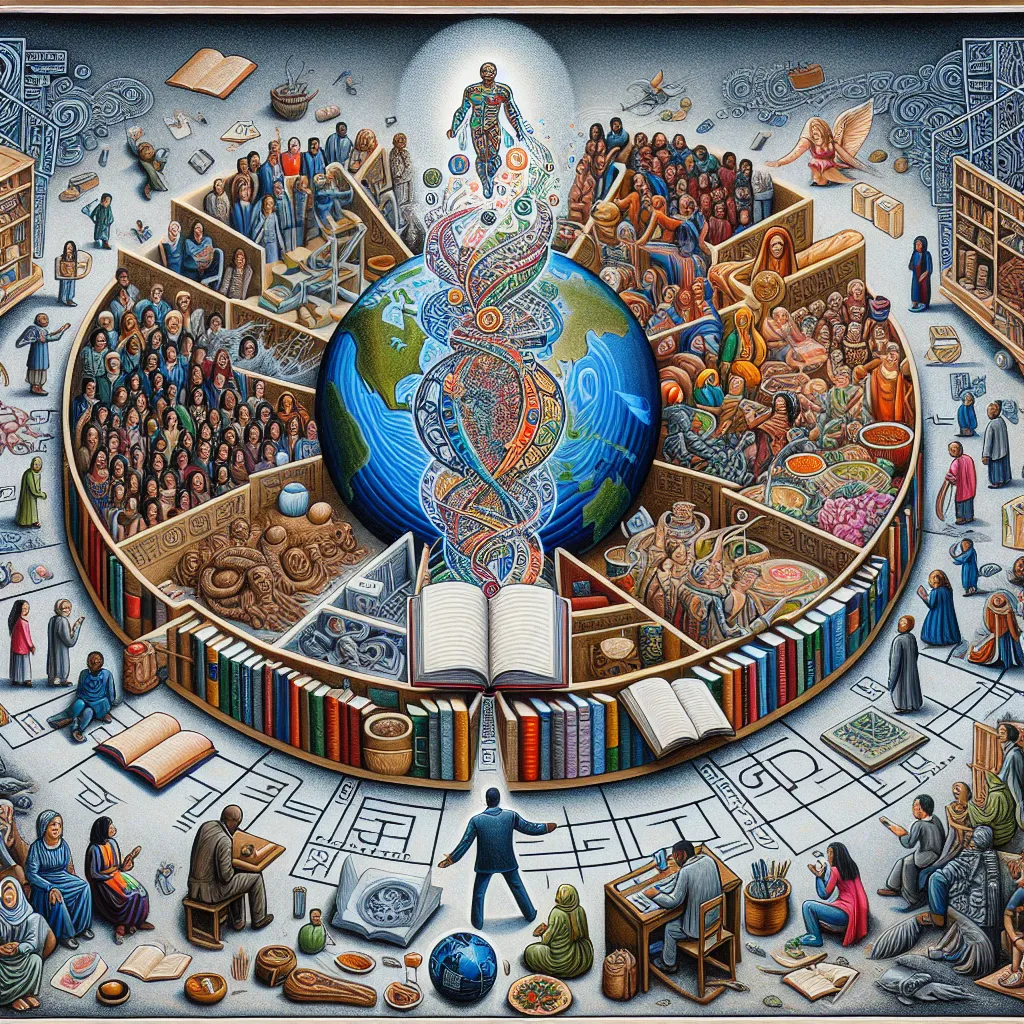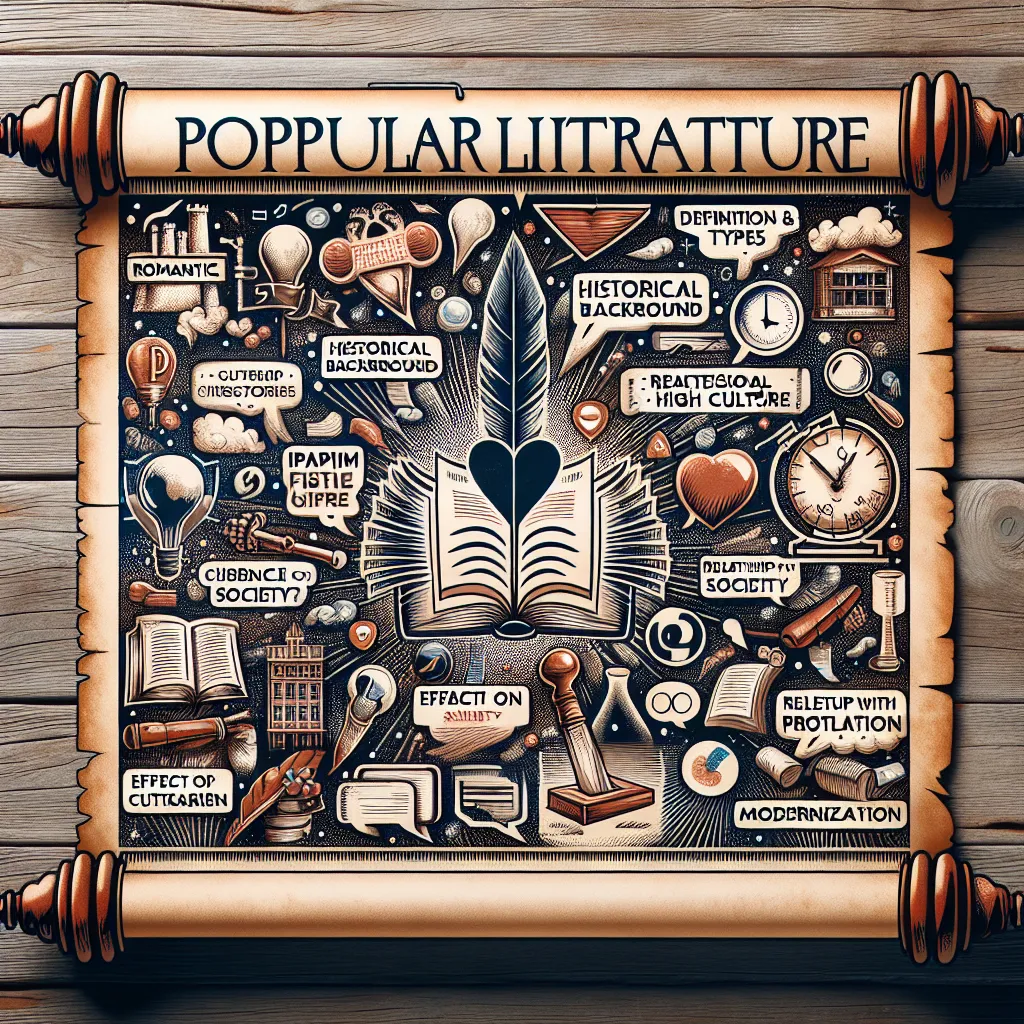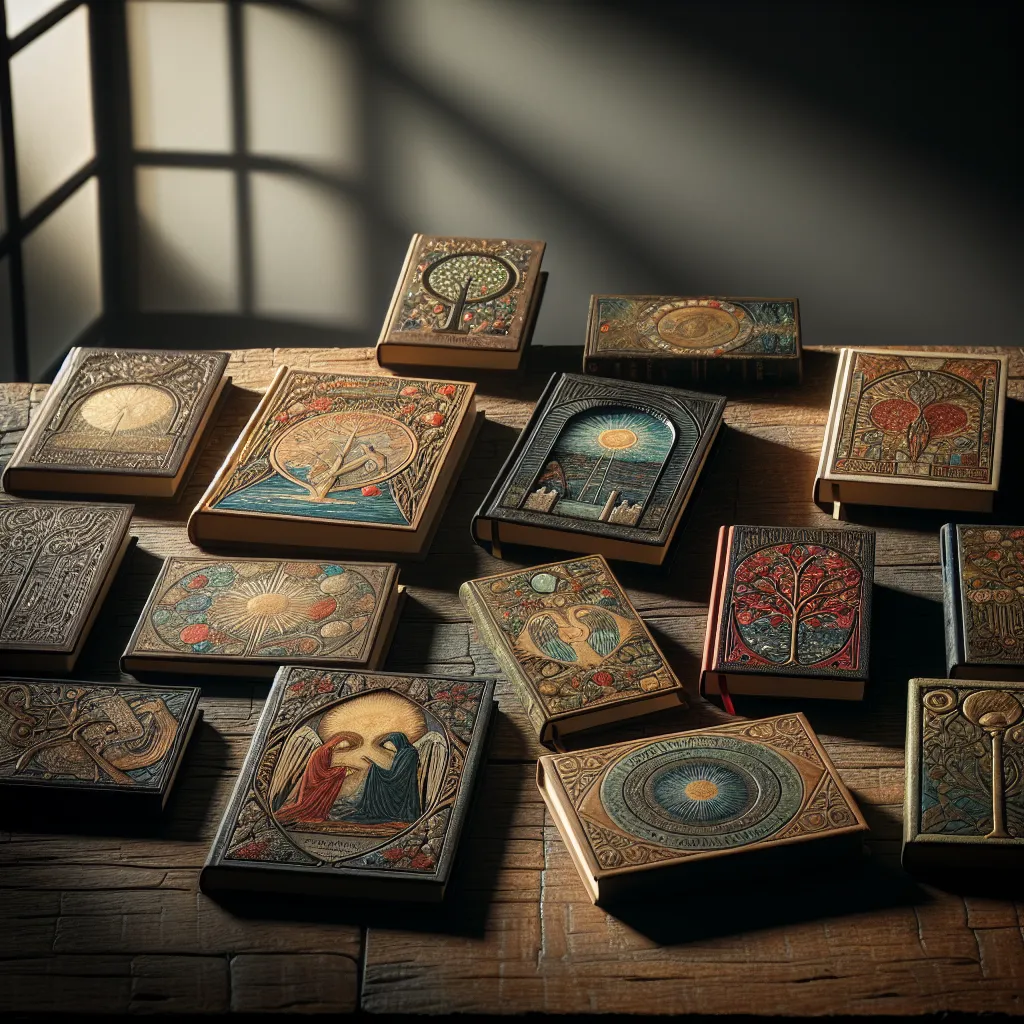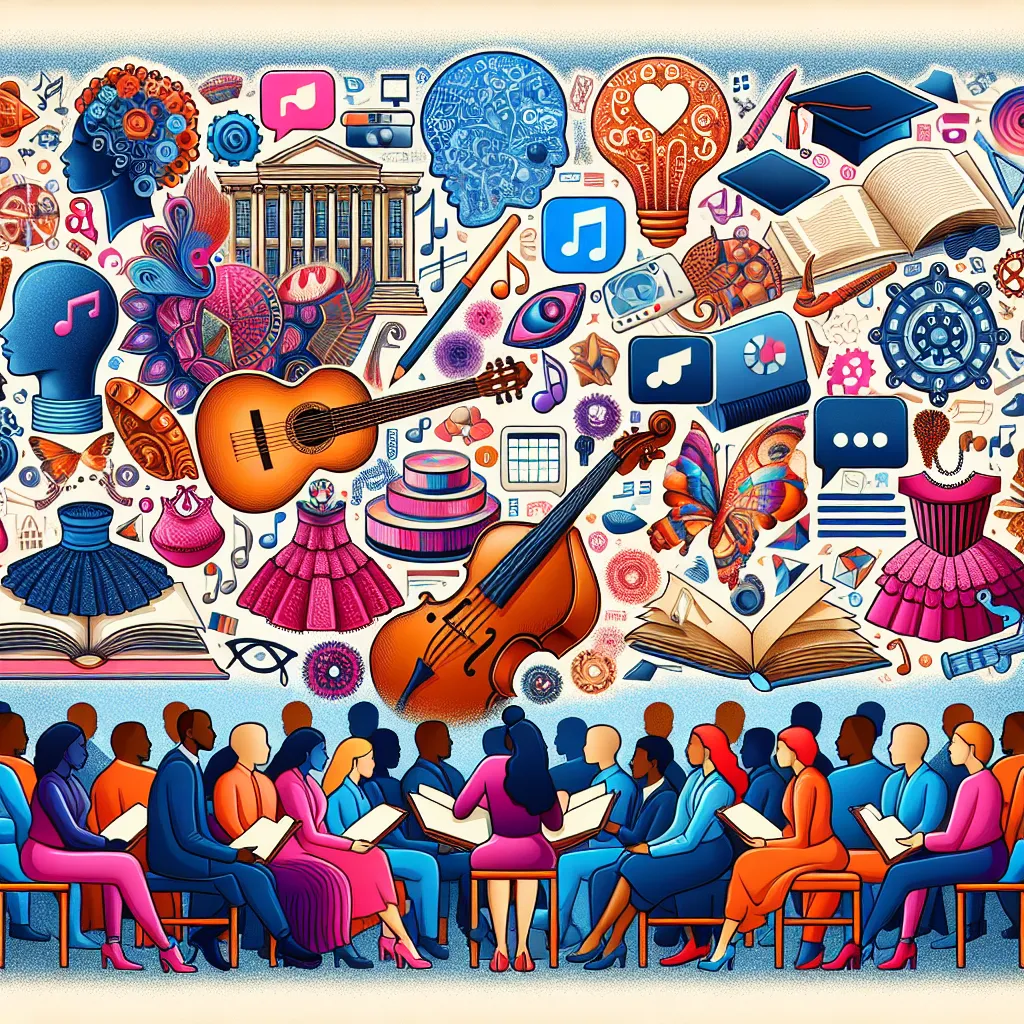Ask AI on The Internet
Question: Provide a comprehensive and a brief description and sound explanation of what is Popular literature. Spice your assignment with scholary views
### Comprehensive Description of Popular Literature Popular literature, often referred to as pop literature, encompasses works of writing that achieve widespread appeal and accessibility. This genre includes genres such as thriller, romance, science fiction, fantasy, mystery, and young adult fiction. Unlike classic or highbrow literature, which often tackles complex themes and employs intricate literary techniques, popular literature tends to focus on engaging plots, relatable characters, and accessible language. Its primary goal is to entertain and provide escapism for a broad audience. **Characteristics of Popular Literature:** 1. **Accessibility:** Written in simple, straightforward language to ensure broad comprehension. 2. **Engaging Plots:** Often feature thrilling, romantic, or adventurous storylines that capture the reader's attention. 3. **Relatable Characters:** Characters are crafted to be identifiable by the masses, often embodying societal archetypes or everyday individuals. 4. **Cultural Reflection:** These works often mirror current societal norms, values, and issues, making them immediately relevant. 5. **Commercial Success:** Typically, popular literature boasts high sales volumes and substantial readership. ### Scholarly Views on Popular Literature Scholars have offered various perspectives on the significance and implications of popular literature: 1. **John Cawelti's Functional View:** According to John Cawelti, popular literature serves a crucial social function by reinforcing cultural norms and providing ritualistic enjoyment. Cawelti asserts that "formulas" in genre fiction offer readers a sense of comfort and predictability, acting as a cultural compass in an ever-evolving society. 2. **Pierre Bourdieu's Cultural Capital:** Pierre Bourdieu’s theory of cultural capital posits that popular literature occupies a lower status in the literary hierarchy due to its widespread consumption and perceived lack of complexity. Bourdieu suggests that high culture is maintained by a select few, while popular literature is seen as less valuable due to its mass appeal. 3. **Janice Radway's Reader-Response Theory:** Janice Radway’s influential study "Reading the Romance" provides insight into the active role of readers in interpreting and finding personal significance in popular literature. Radway's research emphasizes that readers are not passive consumers; instead, they actively engage with and derive personal meaning from these texts. ### Brief Description Popular literature refers to widely accessible and commercially successful written works designed to entertain a broad audience through engaging plots, relatable characters, and straightforward language. Unlike highbrow literature, it prioritizes immediate reader enjoyment over complex themes. Scholars like John Cawelti view it as culturally functional, Pierre Bourdieu critiques its lower cultural status, and Janice Radway highlights its personal impact on readers. Popular literature's significance lies not only in its dramatic appeal but also in its capacity to reflect and shape societal values and norms, making it a fascinating subject for both casual readers and academic inquiry.
Think your answer is better than the AI's? Post it below.
Other Most Relevant Posts:
 Ask AI: Provide a good and comprehensive essay on society and popular literature (Negative and Positive impacts)
Ask AI: Provide a good and comprehensive essay on society and popular literature (Negative and Positive impacts)
If you want your question answered by an AI, click here.






Post your own comment: